Dutch Disease and Resource Curse
₦3,000.00
If you are interested in getting this project material “Dutch Disease and Resource Curse”, click on the DOWNLOAD BUTTON to make payment and the file will be delivered to your email immediately after confirmation.
Description
– Dutch Disease and Resource Curse –
Download Dutch Disease and Resource Curse. Students who are writing their projects can get this material to aid their research work.
Abstract
Over the years several authors have attributed the decline in Nigerian agricultural production to the neglect of the agricultural and manufacturing sector that resulted from the discovery of crude oil.
The study is both empirical and historical in nature and utilizes annual data for the period of 1981 to 2015.
Autoregressive conditional heteroscedasticity (ARCH) model and its extension, the generalised autoregressive conditional heteroscedasticity (GARCH) model were used to estimate the conditional variance of Nigeria’s output volatility.
Investigating the time-varying Dutch disease and resource course in Nigeria within ARCH-GARCH framework, results reveal that output is volatile and there is a persistence shock in output like in other resource-abundant countries.
Results equally reveal that there are non-oil revenue volatility persistence shocks in Nigeria indicating evidence of Dutch disease in Nigeria.
Introduction
1.1 Background of the Study
Prior to the 1980s, it was believed that natural resource abundance would enable developing countries to make the transition from underdevelopment to industrial “take off”, just as it had done for countries such as Australia and the U.S (Rostow, 1961; Stages of Economic Growth).
This view now stands challenged by a number of studies that demonstrate the existence of a “resource curse” – slower growth and poorer economic performance in natural resource rich countries.
The traditional explanation for the resource curse is the Dutch Disease or “deindustrialization”.
That is, revenue from natural resources hurts traditional manufacturing through an increase in the exchange rate; also, resources such as labour and capital need to be moved from manufacturing to natural resource production.
Most studies on the Dutch Disease stop here although the argument is far from complete (Amin, 2009). Recent work suggests another explanation of the resource curse – the Nigerian Disease.
How to Download this Project Material
First, note that we are one of the best and most reliable online platforms because we don’t retain any of your personal information or data as regards making payments online.
PRICE: ₦3,500 ₦3,000 (Three Thousand Naira Only)
Make a bank deposit or mobile transfer of ₦2,000 only to the account given below;
Bank Name: UBA Account Number: 1022564031 Account Name: TMLT PRO SERVICES
After making the payment, CLICK HERE to send the following on WhatsApp;
- Depositor’s Name or Screenshot of Payment
- Name of the Past Question
- Active Email Address
or Call Us On +2348082284439 Once your details have been received and your payment confirmed by us, you will receive the past question in your email or WhatsApp within 5 Minutes.
Guarantee of Getting the Material
We understand that due to the high rate of fraud, many people are afraid of making purchases online but be rest assured that PastExamQuestions will deliver your material after payment.
Once your details have been received and your payment confirmed by us, you will receive the past question in your email or WhatsApp.
Give us Feedback
Have we been able to satisfy you? How well do you think the material will be helpful after having gone through it? Does the price worth the material?
Let’s hear from you! We recommend that our customers give feedback at the end of every transaction to enable us to serve better. You can do this by clicking the review button on this page.
Where is the review button? >> Just scroll up to where you see reviews
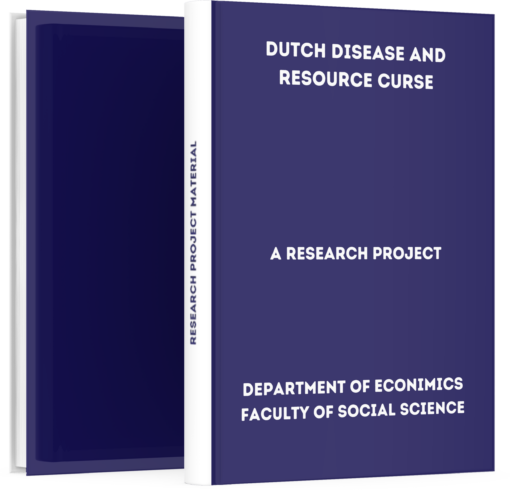
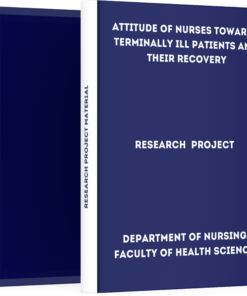
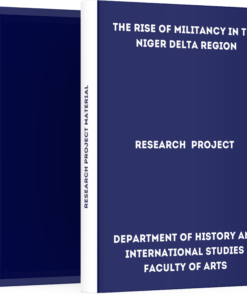
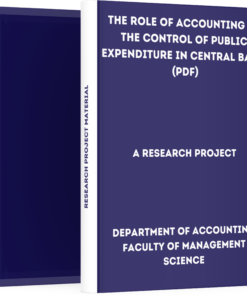
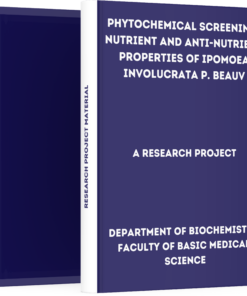
Reviews
There are no reviews yet.